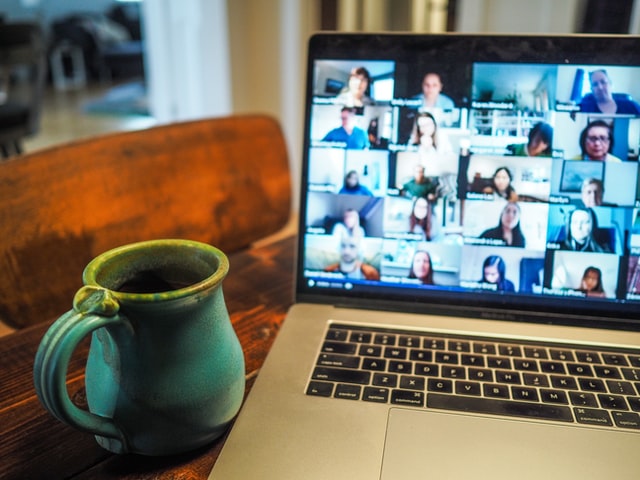Report warns of dangers of remote hearings
 |
| Photo by Chris Montgomery on Unsplash |
The family justice system appears to be basking in the (relative) success of remote and hybrid hearings as a means of retaining a basic service during the Covid-19 pandemic, and possibly as a blueprint for the future of the courts.
But is there
a blot or two on the horizon (or perhaps even closer), as reported
today by Legal Futures?
As they explain,
a report by
the Surveillance Technology Oversight
Project (you guessed it: ‘STOP’), an American organisation that “litigates and advocates
for privacy”, warns of the dangers of what they call ‘virtual justice’. Some of
these dangers are already obvious, such as technological issues (e.g. internet
outages), and lack of available technology in poorer households. However, two
issues may not be so obvious:
Firstly, violating
party and witness rights, through the potential for rebroadcasting, recording testimony,
and photographing.
Secondly, the use of ‘deepfakes’,
which would enable witnesses to falsify evidence, and also allow litigants and
lawyers to cast doubt on video or audio that is legitimate. For the
uninitiated, ‘deepfake’ is defined
by Wikipedia as “synthetic media in which a person in an existing image or
video is replaced with someone else's likeness”. I understand that the
technology is still in its infancy, but could soon be easily available.
The report mentions
some ‘best practices’ that can address some of these issues, but I wasn’t
particularly convinced. OK, I am no tech wizard, but the thought of evidence in
sensitive and private family proceedings being publicised or manipulated
certainly scares me.
I suppose
addressing the issue of ‘rebroadcasting’ can be dealt with in the same way as
any privacy breach now - i.e. contempt proceedings. But that is only after the
broadcast has happened. One can certainly imagine irate parties recording
hearings and publishing them on Facebook, or wherever.
And as for
the issue of deepfakes, I really don’t know how they can be addressed. If the
technology is so good that it appears real, then how do you deal with that? I
have no idea, but someone is going to have to give the matter some serious
thought. Imagine, for example, a grandparent in a children case apparently
giving damning evidence about their child, the parent of the children. Such
evidence could conceivably sway the court.
I realise that remote hearings are a useful expedient in this time of crisis, but I think many have the expectation that they are now here to stay, perhaps even eventually replacing physical courts entirely, at least for some types of cases. Whatever, their continued use in the family court arena clearly requires greater consideration than I suspect most of us have even imagined.
Comments
Post a Comment
Thank you for taking the time to comment on this post. Constructive comments are always welcome, even if they do not coincide with my views! Please note, however, that comments will be removed or not published if I consider that:
* They are not relevant to the subject of this post; or
* They are (or are possibly) defamatory; or
* They breach court reporting rules; or
* They contain derogatory, abusive or threatening language; or
* They contain 'spam' advertisements (including links to any commercial websites).
Please also note that I am unable to give advice.